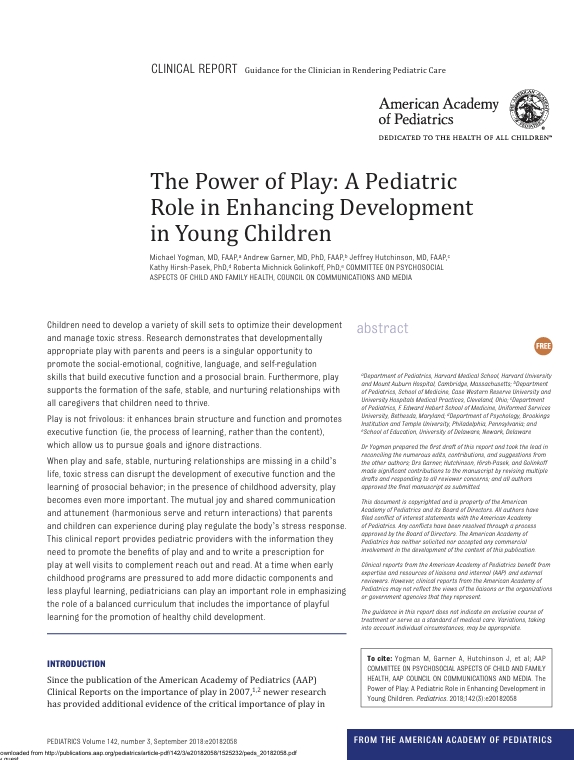Why are mental health and well-being important for health?
Mental health is not simply the absence of illness but a state in which learners realise their own abilities, can cope with normal life stressors, learn well, build meaningful relationships and are able to contribute to their community. Social and emotional well-being can include connection to land, spirituality, ancestry and culture, which also provide foundations for mental health. Mental health and well-being are integral to learners’ overall health. Learners with good mental health and well-being are healthier, more socially connected and more productive. Learners can experience mental health conditions such as anxiety, depression, eating disorders and behavioural problems. Most mental health conditions begin during the school years and can disrupt learners’ growth and development and increase risk for future physical and mental health problems and substance use. Mental health conditions are also associated with experiencing stigmatization, discrimination, violation of human rights, suicide and difficulties in education, work and relationships.
Read the full report on the UNESCO Digital Library website.






